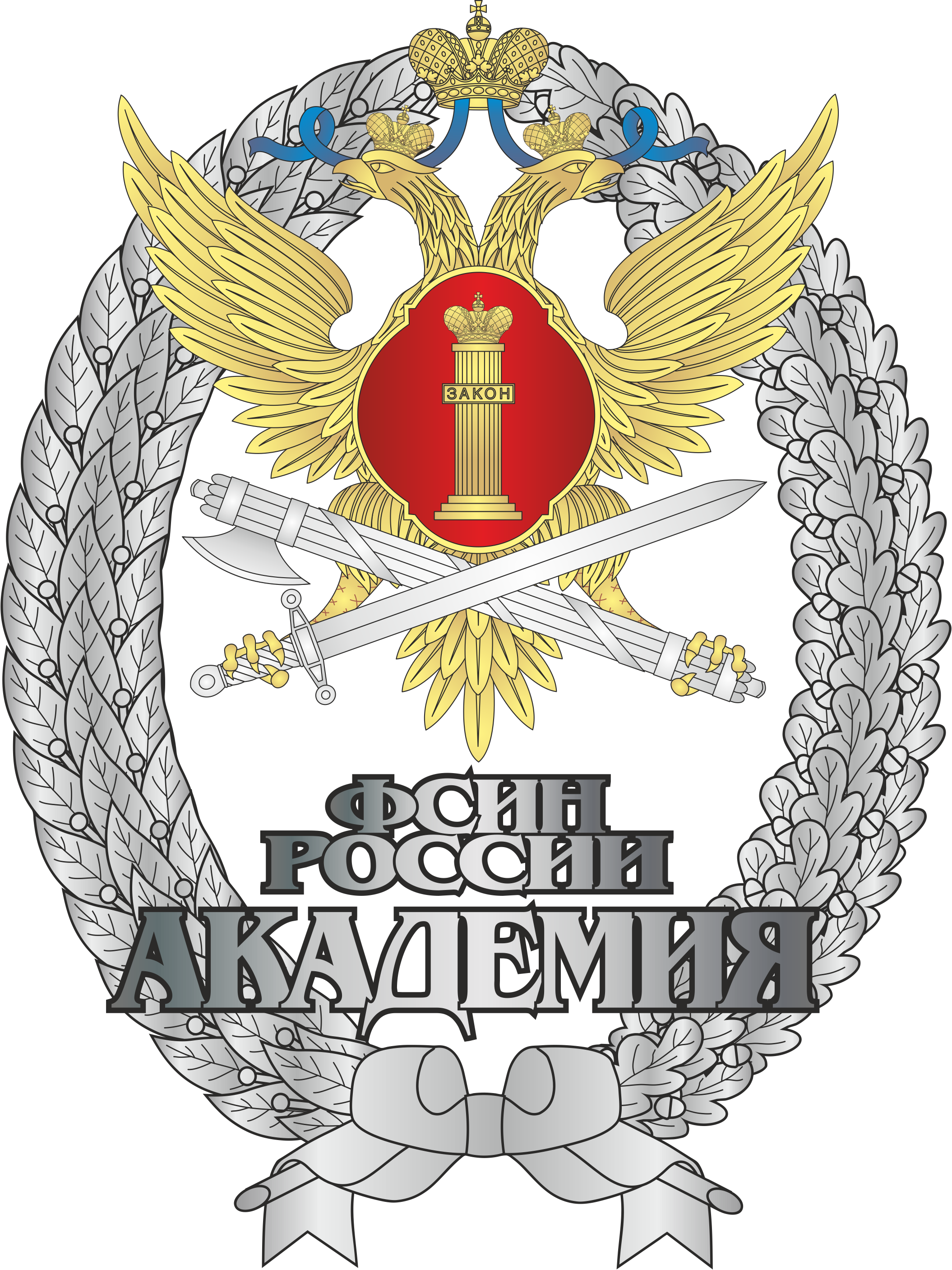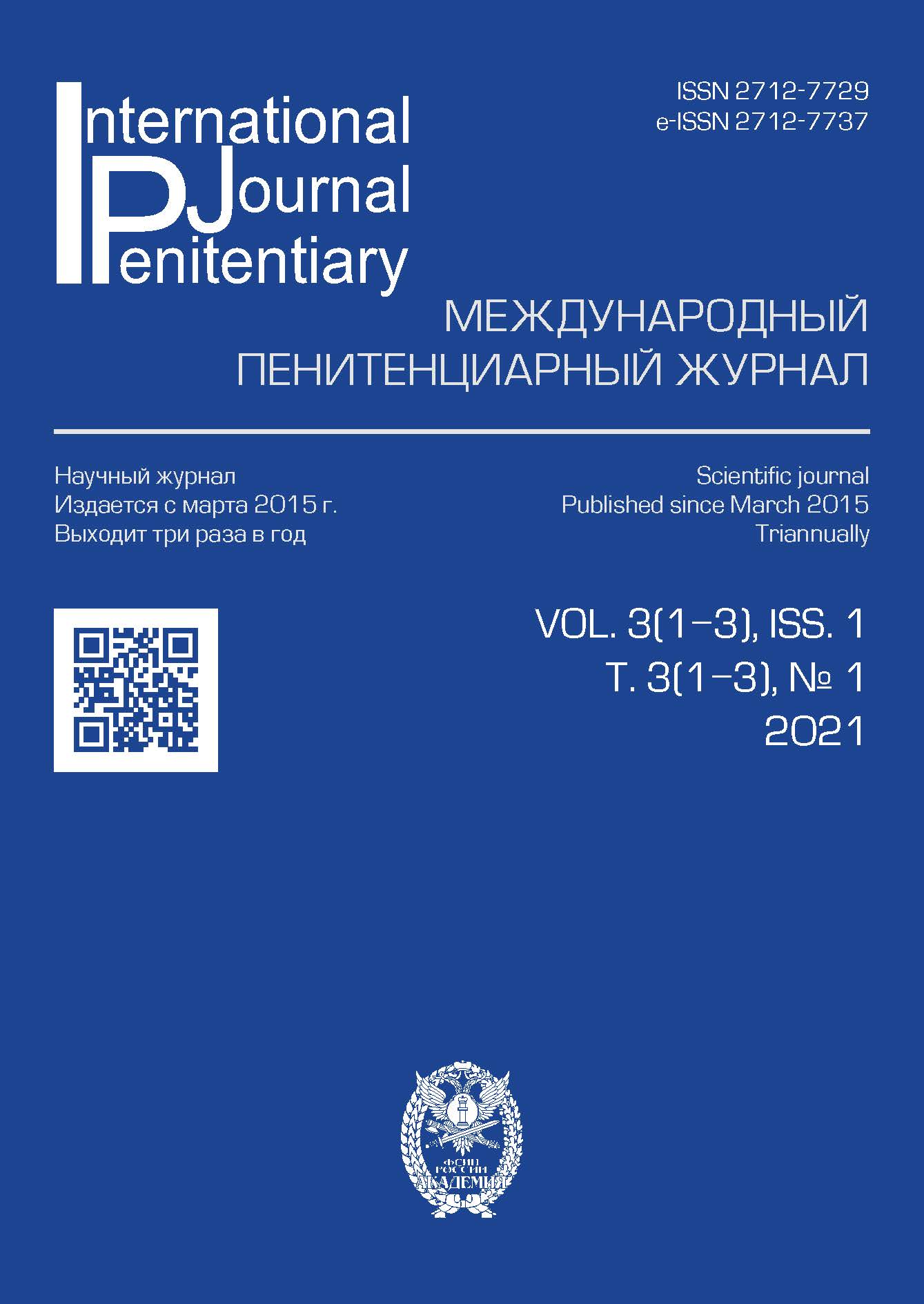Minsk, Belarus
The relevance of the problem considered in the article is due to the need for effective implementation of convicts’ correction, the formation of their readiness to lead a law-abiding lifestyle after release, as well as a set of mental properties that determine the subjective need for lawful behavior in the main spheres of life. These goals can be achieved through the implementation of psychological support for correctional work with convicts. Psychological analysis of the reasons for committing crimes, current trends, scope and specifics of psychological work with persons serving sentences in correctional institutions requires studying the features of their "I-concept". The theoretical studies of the concept of "I-concept" in psychological science are analyzed, approaches to the relationship of I-concept with the concepts of "self-consciousness", "I-image", "self-esteem", "self-knowledge" are considered in the article. The author's definition of the concept of "I-concept" is presented: this is a complex holistic model in the relationship of all its structural elements in the context of their meaning and role to explain the significant psychological processes that occur with convicts at various stages of serving a sentence, and to determine the directions of an adequate differentiated psychocorrectional impact on convicts who have committed various crimes.
research, I-concept, self-consciousness, I-image, self-relation, self-knowledge
1. Shil'shteyn, E. S. 2001, "I" in the system of personal constructs: status, functions and levels of presentation: PhD thesis (Psychology), Moscow.
2. Ivashchenko, A. V., Agapov, V. S. & Baryshnikova, I. V. 2000, I-concept of personality in Russian psychology, State University of Civil Engineering, Moscow.
3. Kon, I. S. 1981, ‘"I" category in psychology’, Psychological Journal, vol. 2, iss. 3, pp. 25-38.
4. Pastushenya, A. N. 2013, Correctional psychology, Academy of the MIA of the Republic of Belarus, Minsk.
5. Nalchadzhyan, A. A. 2010, Psychological adaptation: mechanisms and strategies, 2nd edn, Eksmo, Moscow.
6. Diyanova, Z. V. & Shchegoleva, T. M. 2017, General psychology. Personality and motivation. Workshop, 2nd edn, Urite, Moscow.
7. Lebedenko, E. N. 2007, ‘Psychological support for the development of self-consciousness among preschool children’, Bulletin of the Stavropol State University, iss. 51, pp. 129-134.
8. Ivashchenko, A. V. 1998, ‘About the deficits of "I", "I-concept"’, in Methodological and theoretical aspects of personality formation and development, pp. 11-14, Youth Institute, Moscow.
9. Agapov, V. S. 2004, ‘Formation of I-concept in the system of spiritual needs of adolescents’, Acmeology, iss. 1, pp. 46-54.
10. Baryshnikova, I. V. 1998, Integrative approach to the research of I-concept of personality in Russian psychology: PhD thesis (Psychology), Moscow.












